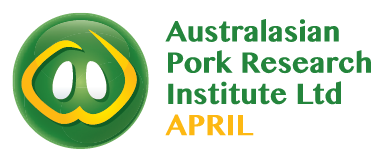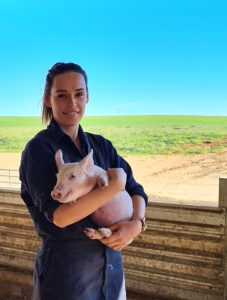To build upon APRIL’s current research and education and training investments, APRIL will be seeking more applications to support its education program and assist in further building human capacity for the Australasian pork industry. A number of different opportunities exist for undergraduate and postgraduate students/potential students within APRIL, as follows:
- Scholarship Awards for Honours students.
- ‘Top-ups’ for postgraduate research students (PhD, MS/MSc/MPhil) in an APRIL-funded research project (or related).
- Support for DVM/undergraduate Veterinary Science projects.
- Support for MS/MSc/MPhil students, where a research project is an incorporated component of the program of study, in an APRIL-funded research project (or related).
- Part-support for PhD students.
Eligibility varies according to the different scheme being applied for. The Guidelines associated with each opportunity should be read thoroughly before starting/submitting an application.
Information concerning the different education opportunities from APRIL, including Guidelines and application forms, can be found on the Education page.
Completed applications should reach APRIL by the closing date, and the outcomes will be announced after the closing date. The APRIL Education Advisory Committee will assess all applications against APRIL-related criteria including the academic record and curriculum vitae of the applicant, the applicant’s research potential including the research proposal, alignment with APRIL research priorities, evidence of industry endorsement/relevance, a personal statement from the applicant, the supervisor(s) track record, and a communication and delivery plan (if appropriate). APRIL will determine the number of, and the amount of, any grant awarded.
Applications should be lodged electronically to Dr Charles Rikard-Bell at (email), c.rikardbell@april.org.au. Questions on any of the Awards should be directed to Professor John Pluske at (email), j.pluske@april.org.au, or 0410 436871.
Important dates
Applications open: 19 October 2020
Applications close: 15 January 2021



